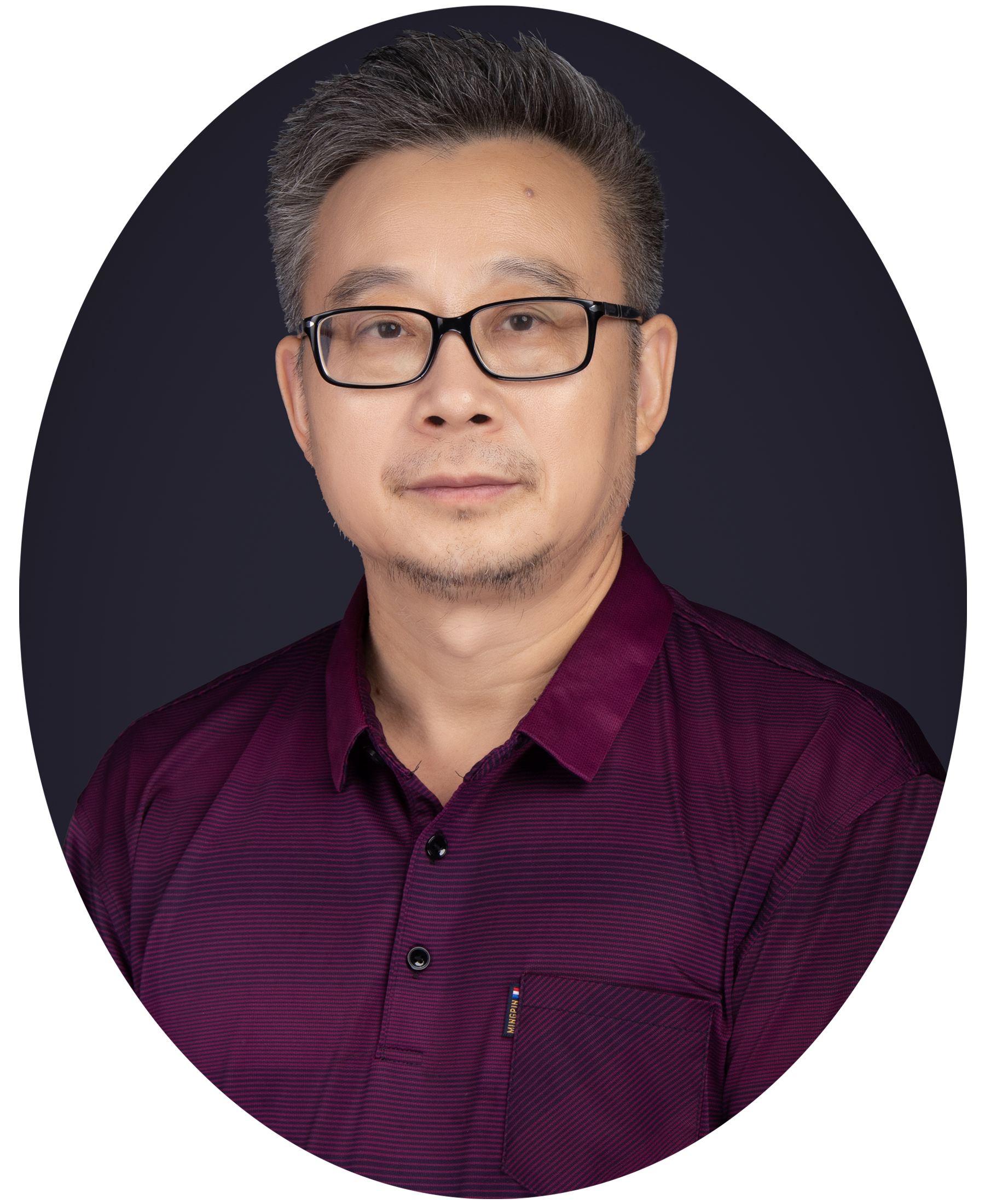
 | Prof. Daowen QiuSun Yat-sen University, China Daowen Qiu, Doctor of Science, finished a postdoctoral follow from Tsinghua University in August 2002, and then was associated with Sun Yat-sen University under the "Hundred Talents Program" in the same year. He has been appointed as a full professor of computer science and a supervisor of the doctoral students since 2004. Also, he has engaged in research on quantum computing and quantum information for more than 20 years, and focuses on quantum computing models, quantum query algorithms, distributed quantum algorithms, (fuzzy, probabilistic, and quantum) automata and discrete event systems. His research integrates classical and quantum computational processing, aiming to achieve better physical realizability with essentially superior to classical computation as well. He has published more than 200 academic papers in academic journals and conferences and one academic monograph on quantum automata. Currently, he serves as an editorial board member of Theoretical Computer Science, an associate editor of Frontiers in Computer Science, and an editorial board member of Quantum Reports. |
| Prof. Liang YangHunan University, China His main research areas are wireless communications and optical wireless communications. He has published over 120 IEEE journal papers, including 8 highly cited papers and 2 hot papers. His H-index is 41 according to Google Scholar and ResearchGate. He has been listed among Stanford’s global top 2% elite scientists for five consecutive years and was selected as an Elsevier "Highly Cited Researcher in China" in 2023 and 2024. He has led five projects funded by the National Natural Science Foundation of China (NSFC) and one key project under the National Key R&D Program, and served as the principal investigator for a key project of the NSFC Regional Innovation and Development Joint Fund. He serves as an editorial board member for multiple international journals, including IEEE Transactions on Communications (IEEE-TCOM), IEEE Transactions on Cognitive Communications and Networking (IEEE-TCCN), IEEE Wireless Communications Letters (IEEE-WCL), IEEE Communications Magazine (IEEE-COMML), Science China Information Sciences, and Journal of Communications. He received the Guangdong Province Excellent Doctoral Dissertation Award in 2007, the Second Prize of the Hunan Province Natural Science Award in 2019 (ranked first), the Outstanding Scientific and Technological Worker Award from the Chinese Institute of Electronics in 2021, and the Best Editor Award from IEEE WCL in 2020. He currently serves as the Deputy Director-General of the Hunan Province Electronics Society. |
 | Prof. Fuchun LiuGuangdong University of Technology, China I have been full professor of School of Computer Science and Technology in Guangdong University of Technology since 2010, and my research interests are focused on automata theory, discrete-event systems, fault diagnosis and prognosis,and fuzzy logic. I am the author or coauthor of more than 100 peer-review papers published in journals such as IEEE Transactions on Automatic Control, Automatica, IEEE Transactions on Fuzzy Systems, IEEE Transactions on Cybernetics, Information Sciences, IEEE Transactions on Automation Science and Engineering, Fuzzy Sets and Systems, and Science China. |
| Prof. Zhili ZhouGuangzhou University, China Professor Zhili Zhou is a Professor and Doctoral Supervisor at Guangzhou University. He has been honored with talent programs from a national ministry and the Guangdong Province Outstanding Youth Fund, and has been included in the global Top 2% Scientists list for lifelong scientific impact. His primary research areas include information security, artificial intelligence security, and smart healthcare. He earned his Ph.D. from Hunan University and conducted two years of research at the University of Windsor in Canada. He has led over 20 projects, including those funded by the National Natural Science Foundation of China. His research achievements have been recognized with the Second Prize of the Jiangsu Province Science and Technology Award and have been applied in enterprises and institutions such as China Unicom. He has authored or co-authored more than 150 high‑level academic papers as first or corresponding author, including over 60 CCF‑A and IEEE/ACM Transactions papers. These publications feature top‑tier conferences and journals such as USENIX Security, ACL, CVPR, AAAI, ACM MM, TDSC, TIFS, and TIP, along with 10 ESI Hot or Highly Cited Papers. His work has accumulated over 5,000 citations on Google Scholar, with an H‑index of 40. |

